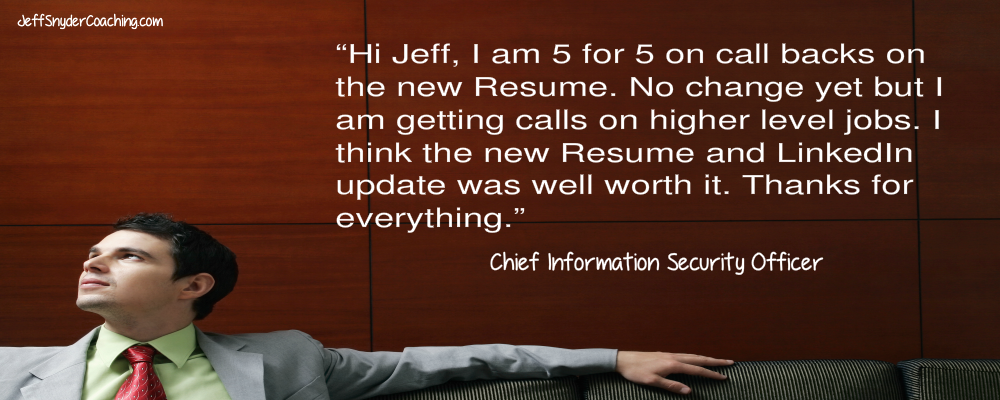Comments from Career Transitioning Professionals
“After 27 years serving in the Army, I have never found anything harder than transitioning from the Army to civilian life.”
“I understand what you are going through, I retired from the Navy in 1997 and the transition was so difficult.”
“The private sector is not anything like the military and takes a little to get used to, but again it just takes time and patience.”
“I’ve sent my resume out over 100 times and nobody is paying any attention to me.”
Why Career Transition Is Challenging
These are the comments that I either see on social media or comments that have come to me directly from people who are struggling to make career transitions. Here are a few steps that will address challenges that exist in career transitions.
CAN vs SHOULD
· In the military, you may have had some choices with regard to where your skills, training, education, and career were headed, but you likely did not have total freedom of choice.
In the private sector, you can do whatever you want to do. Most people never slow down in their lives to figure out the difference between what they “CAN” do and what they “SHOULD” do. When you enter the private sector, this is your opportunity to finally focus in on what you “SHOULD” do with your life based on your unique giftedness. People who make this investment find Clarity, Confidence, and Direction.
Translation
· The work you performed in the military was likely called something different than it is in the private sector. You need to translate your language.
A 25-year non-commissioned army officer came to me looking for help with his career transition. In the deserts of the Middle East, he drove and guided convoys of supply trucks across the desert. These trucks carried supplies, vehicles, weapons, etc. While a corporation involved in trucking in the private sector may not be transporting tanks, they are transporting goods that need to be delivered safely and on time. I taught this military officer how to translate his resume’s language. Doing so led to him receiving calls for interviews for supply chain and logistics positions.
Leadership Paradigm Shift
· In your military career, you likely led by command and control techniques. You might have possessed more stars and stripes than others. Therefore, when you laid down an order, there were people under your command who had no choice but to respond and take action.
In the private sector, 21st Century Leadership involves building deep, meaningful, authentic, trusting relationships. Trust must be earned. It is not mandated. In order to attract and to retain talent, 21st Century Leaders must learn to coach, inspire, grow, mentor, and develop employees. Private sector employees can leave and find another job at any time. A different leadership approach is required in the private sector.
A New Resume Strategy
· You may have been taught to write a government resume that stretches to 5-10+ pages. In the private sector, you have a matter of seconds for a gatekeeper to find a reason to slow down to read your resume. You need to execute a different strategy to achieve a different result.
A clean, clear, logical resume that is built with the resume owner’s new audience in mind, wins. Most resumes are built with the resume’s owner in mind. This approach requires a paradigm shift to implement a different strategy if one wishes to achieve a different result. If your current resume hasn’t generated desired results in 20 tries, you’ll likely get the same resume results when you try 50 times and even 100 times. You need a different strategy.
This is a very short list built to demonstrate just a few of the paradigm shift challenges that exist when one leaves a military career to enter the private sector.
Jeff Snyder’s, Career Transition Coaching, Career Coaching Blog, 719.686.8810














